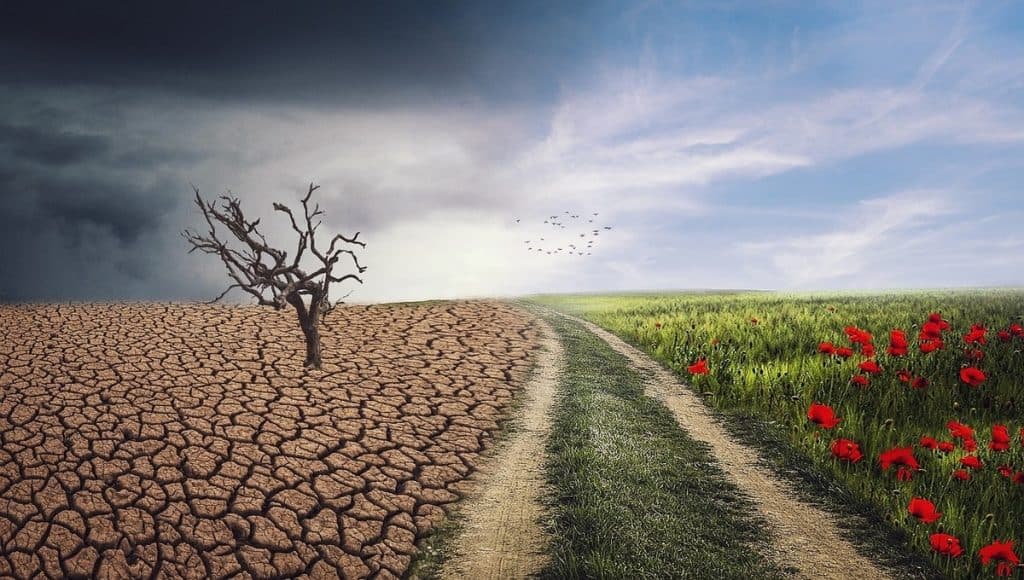Erratic rainfall and severe droughts increase amid the rapid urbanization, creating pressure on a water resource. Climate change will lead to water wars across the world and disrupt the agriculture sector.
Several Countries Experiencing Water Shortages
World Resources Institute report noted that a quarter of the world’s population is facing water stress. Around two billion people in several countries including Yemen, India, parts of Central America, and Africa are witnessing water shortage. Also, it highlighted the growing competition over scarce water resources which is giving rise to issues such as social unrest and migration.
Water experts opine that water disputes over millennia have been driving political instability in the world. Peter Gleick, the co-founder of the California-based Pacific Institute, mentioned that years of violence in Yemen had destroyed water infrastructure. This has left millions without safe water for consumption. Also, frequent droughts in parts of Central America and the African Sahel have forced farmers to seek refuge in other countries.
Possibility of Water Conflicts
A Climate change expert with International Alert, Jessica Hartog, stated that there is a high risk of water distress in Iraq and Mali. She mentioned that decreasing water levels of Nigeria’s river is taking a toll on fishers and cow herders. Besides, the Iranian government’s inability to address water concerns is threatening the country’s peace. That apart, she highlighted the rural population fleeing to cities owing to crop damage. Susanne Schmeier said though water conflicts do not alone cause wars, they can multiply the reasons for the same combined with grievance and poverty.
Water, Peace, and Security (WPS) has developed a tool to predict potential water conflicts. It stated the possibilities of water conflicts in 2020 in Iraq, Iran, Mali, Nigeria, India, and Pakistan. The tool provides the results taking into account the social, political, social, economic, demographic, and water risks in a country.
Smart Irrigation and Conservation of Forests and Wetlands
Water experts suggest boosting investment in projects that focus on more economical use of water. Also, governments must work on encouraging the use of efficient sprinklers and drip irrigation systems in farming. Further, they advise conserving forests, wetlands, and watersheds, especially around the cities rather than building dams and reservoirs.
In all, the implementation of water-conserving options calls for a stronger voice of people and stronger political will. Also, there is a need to divert finances towards current projects that result in better channelling of water resources to everyone.

